Dr. Joel Floyd, educator and founder of Ignite Career Foundation, joins Laura to share how his team creates an inclusive, learner-centred environment for adult English language learners in the US. In this episode, Joel shares student success stories, explores how community and compassion are embedded into their programmes, and reminds us of the power of reflective teaching.Watch with closed captions.TALKING POINTSA Student's Journey: From qualified pilot in Venezuela to English learner and future Delta Airlines pilot—with a little help from an inclusive learning environment.Meeting Students Where They Are: Why Ignite Career Foundation leads with empathy, compassion and student voice in all aspects of its work.Creating a Sense of Belonging: From first-day classroom observations to student mentors and coffee chats, small touches that help students feel ownership and pride in their learning space.Learning as a Two-Way Street: The importance of building reciprocal relationships in the classroom—and listening as much as teaching.A Call for Reflective Practice: Joel’s advice for teachers on staying curious, seeking feedback, and journaling to keep growing as educators.ABOUTJoel Floyd, PhD, is the founder and current Executive Director of the Ignite Career Foundation, formerly known as English for a Lifetime Language Institute, located in Norcross, Georgia, USA. He has held this role since 2012. Dr. Floyd also serves as a State Advocate Fellow for the Coalition on Adult and Basic Education (COABE), representing Georgia in a one-year appointment. In this capacity, he is deeply involved in advocacy efforts for adult education at the local, state, and federal levels. Dr. Floyd's research interests include teacher professional development in adult ELL (English Language Learners) classrooms, critical andragogy among adult ELLs and adult learners in general, and educational leadership in postsecondary non-traditional school settings.REFERENCESIgnite Career FoundationJoel Floyd on LinkedInSUPPORT US💻 Sponsor us☕ Buy us a coffee⭐ Leave a reviewTHE PRODUCER'S EDITGet inspired to record more. Weekly stories, insights, and content tips for standout educators delivered to your inbox.👉 Subscribe hereCREDITSProducer: Laura WilkesEditor: Jess Li ThorkildsenSpecial thanks to our guest, Dr Joel FloydProduction by Communicating for Impact Hosted on Acast. See acast.com/privacy for more information.



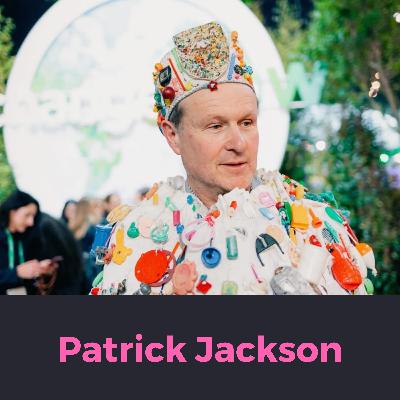


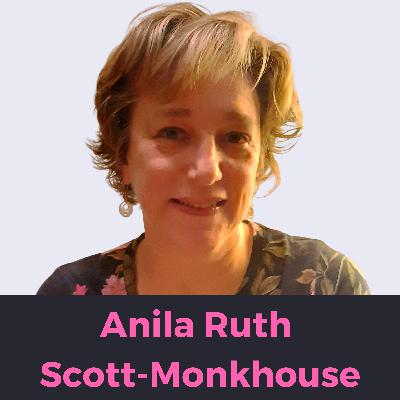


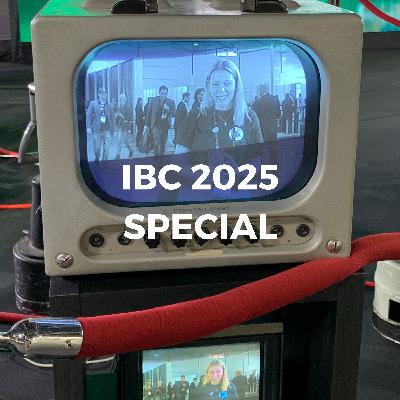


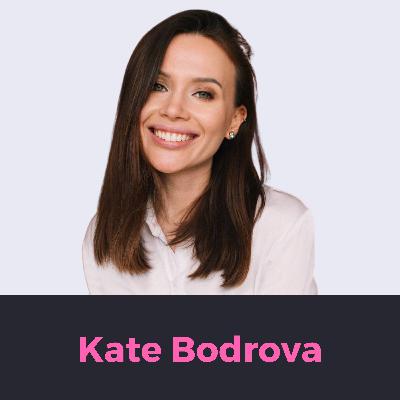



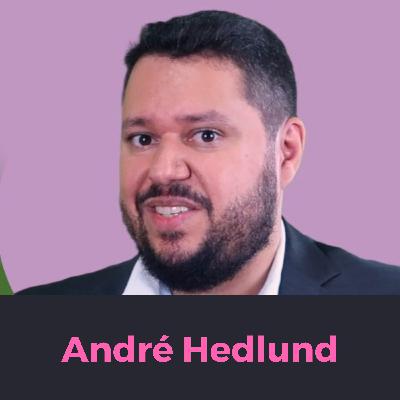
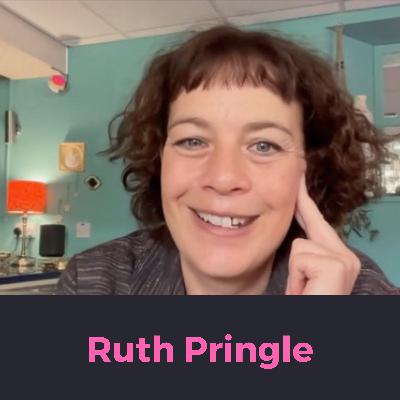
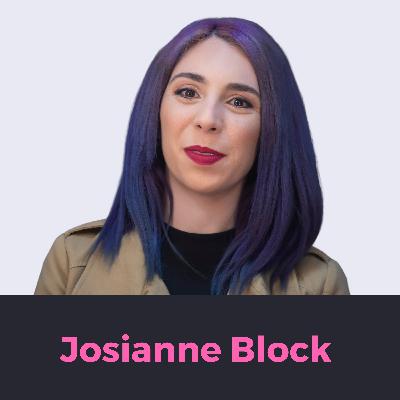

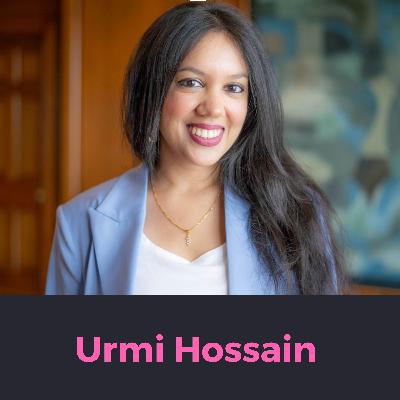
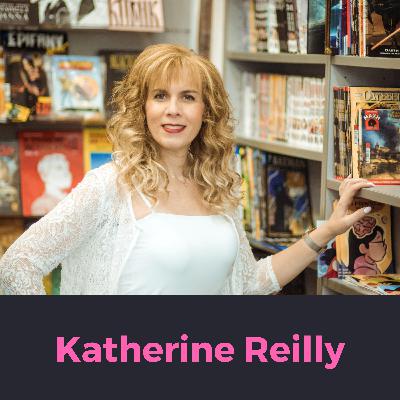




Very good points! Just started listening to your podcast and enjoyed it!